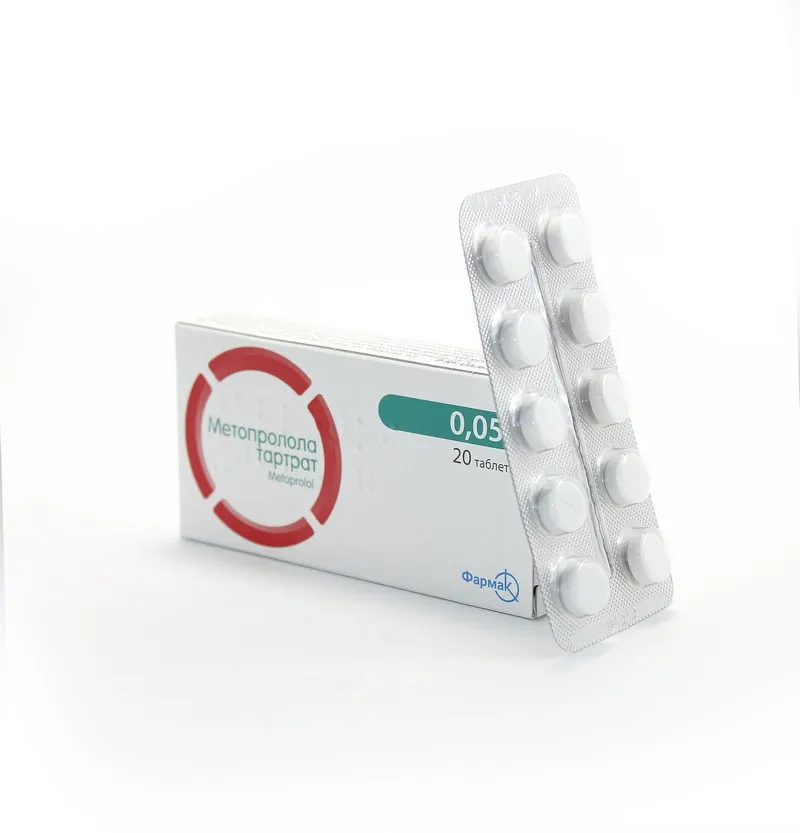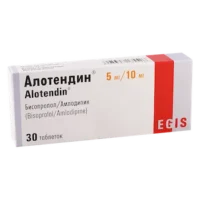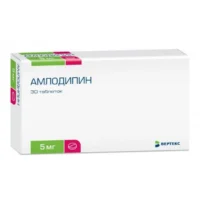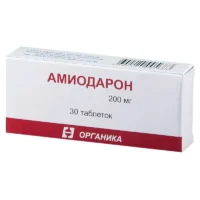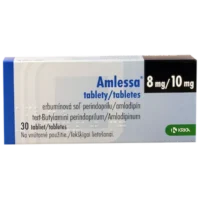Description
Metoprolol Tartrate (Metoprolol) Tablets 0.05 g. №20
Ingredients:
- Each tablet contains 0.05 g of Metoprolol Tartrate.
Dosage:
- The usual dose is one tablet taken orally once or twice daily as directed by a healthcare provider.
Indications:
- Metoprolol is indicated for the treatment of hypertension, angina pectoris, and heart failure.
Contraindications:
- Do not use Metoprolol if you have a slow heart rate, severe heart failure, or certain heart rhythm disorders.
Directions:
- Take Metoprolol exactly as prescribed by your doctor. Do not stop taking the medication suddenly without consulting your healthcare provider.
Scientific Evidence:
Metoprolol, a beta-blocker, works by blocking the action of certain natural chemicals in the body, such as epinephrine, on the heart and blood vessels. This results in a lowering of heart rate, blood pressure, and strain on the heart.
Studies have shown that Metoprolol is effective in reducing the risk of cardiovascular events in patients with hypertension and heart failure. For example, the COMET trial demonstrated that Metoprolol significantly reduced the risk of mortality and hospitalizations in patients with heart failure compared to another beta-blocker.
Additional Information:
- It is important to regularly monitor blood pressure and heart rate while taking Metoprolol to ensure the medication is working effectively.
- Avoid activities that require alertness until you are aware of how this medication affects you.
- Discuss with your doctor about any other medications or supplements you are taking before starting Metoprolol to prevent interactions that could affect its efficacy or safety.

